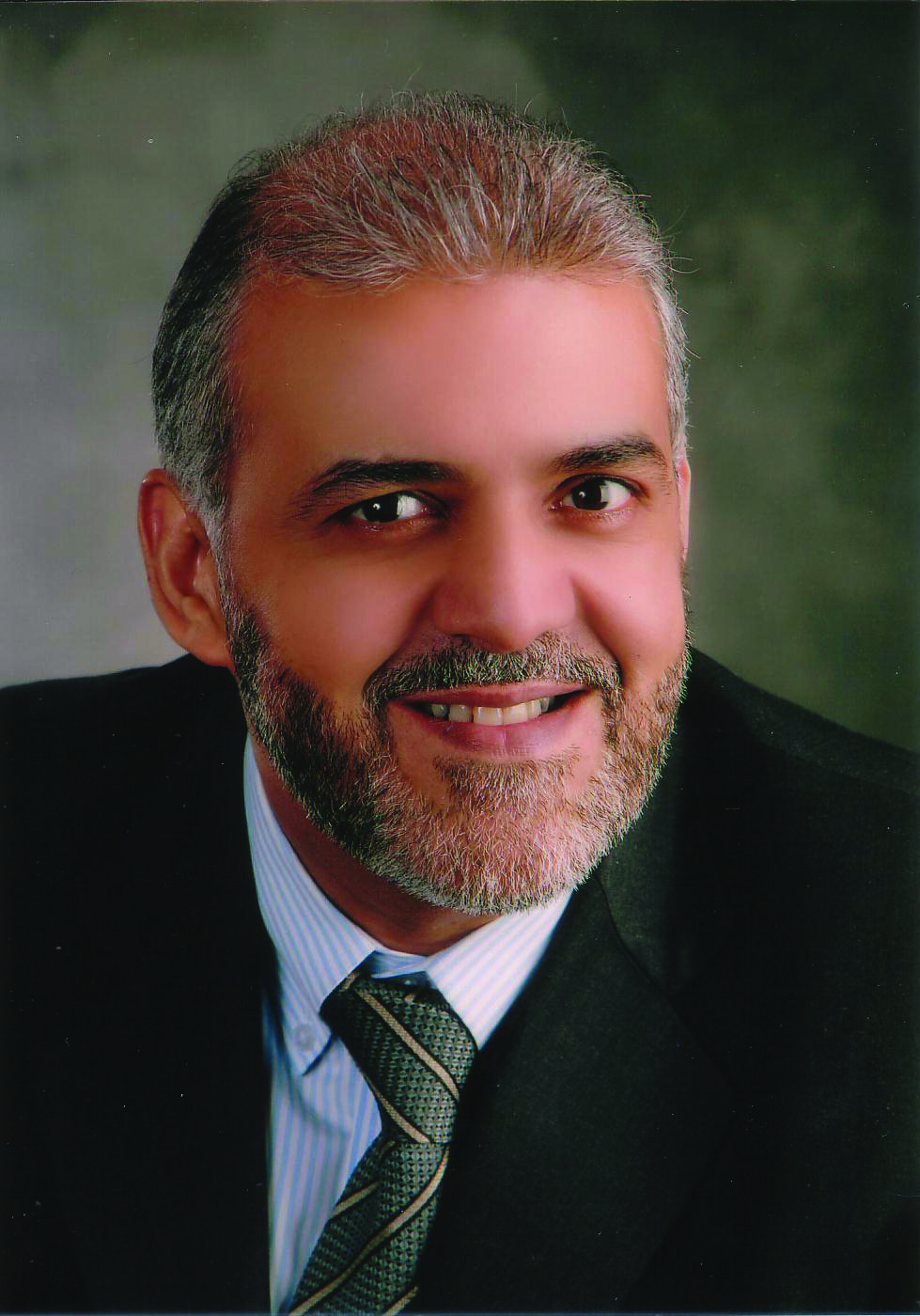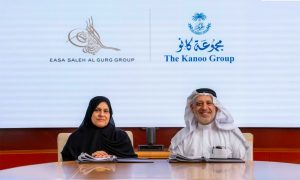In focus: Tekla corporation acquired by Trimble Navigation
Following the news that Tekla has been acquired by Trimble in a Us $489 million deal, The Big Project caught up with Tekla’s director Tahir Sharif and Trimble director of worldwide sales, Laurence Smith

Following the news that Tekla has been acquired by Trimble in a Us $489 million deal, The Big Project caught up with Tekla’s director Tahir Sharif and Trimble director of worldwide sales, Laurence Smith
How did acquisition come about?
LS: Tekla and Trimble have cooperated over the last five years, primarily on the marketing side. We have participated in each other’s events and we have done some joint collaboration on how to exchange data between their design systems and our field systems. That was already a natural collaboration between the companies that has been occurring. This acquisition is really the next step in that level of cooperation and how we can move forward as a joint organisation.
TS: In essence we are now looking to offer more products on the back of Tekla so that would be a bigger opportunity and better business model for us and our Middle East client base prospects.
Statistically, how will this increase your market share?
LS: Worldwide, it is hard to judge the exact market share. However, we are perceived as a leader when it comes to providing positioning systems for contractors involved in building projects and obviously Tekla has a lot of strength and a good market position with a lot of trade.
There is a good existing customer base worldwide, if you were to look at Tekla and Trimble. The contractors we serve are already a very strong user base.
TS: In terms of Tekla our sort of market share and sub contractor key segment, we are the market leader in the Middle East. On the back of that we are looking at expanding our market share in terms of BIM, as that increasingly becomes a trend.
How will partnership help to promote BIM in the region?
TS: I think the combined efforts between the products that are going to be offered are going to enhance the opportunity for contractors to minimise the wastage and certainly on the contingency side there will be quite a lot of induction and propositions on bidding for projects. I think moreover owners have a better understanding of the benefits and are looking for those savings so for us it’s not only an opportunity to offer what we had in terms of the niche Tekla structures, but we are now widening that in terms of the document management workflows and down to the field side where most of the costs are on the side and we can solve those problems earlier on.
It’s a major step forward for Tekla in the industry and that’s combined with Trimble and Tekla to offer a unique position.
Can clients expect any changes to either company’s branding?
LS: No I think, amazingly, people assume these things are completely worked out at the point of acquisition, but normally they’re not. As an organisation, we are obviously consumed with the acquisition itself and from that we develop our market strategies. Typically, Trimble does not have a policy of completely swallowing an organisation into its own, we will work with that businesses and encourage it to grow.
Things like branding and those issues have no plans to change and will only evolve in response to the market.
What you could expect to see is that we will make it easier for customers to identify how these work together. Looking for a one stop shop as a solution provider, we will look at ways that we can communicate those to the market.
TS: One thing to add, in terms of the one stop shop, we are supporting the open BIM approach and there’s a very important message for the market to understand. That maximises the use of what an organisation has, and with our offering reduce their costs and make things more efficient.
LS: One questions we’re often asked is will there be a change to Tekla’s open BIM policy? And the answer is absolutely not. In fact we encourage it and that’s in our strategy. We believe that’s what the market wants as well. They’re not wanting to be restricted in terms of the solutions they want to use.
TS: Tekla, Trimble and Meridian are all member of BuildingSmart, which is actually an association, so we will be a stronger position to make this move forward.
What did Trimble see in Tekla that first attracted the company to propose an acquisition?
LS: There are a number of facets; first of all they have an excellent market share and their product base is extremely powerful. For us when we look at an acquisition it’s technology and domain expertise and Tekla brings that in spades.
How will Trimble’s experience benefit Tekla?
TS: Over the last three years we have been at the forefront to move BIM forward in the Middle East, but our strengths have always been in construction. Having the added strength of Trimble and its product lines, we are able to offer the complimentary product lines that we need and now we can widen our products from MEP to hardware, which is a must on site. So it’s of huge benefit to us.
Will the R&D on future products be approached collaboratively?
LS: Obviously we will be looking for product integration as much as possible. We want to make sure that, as Tahir mentioned, what we are offering customers is a workflow improvement, from BIM to field. It has to be more integrated so the solution is better for the contractor. Of course looking for natural integrations will be key to how we will move forward.

























